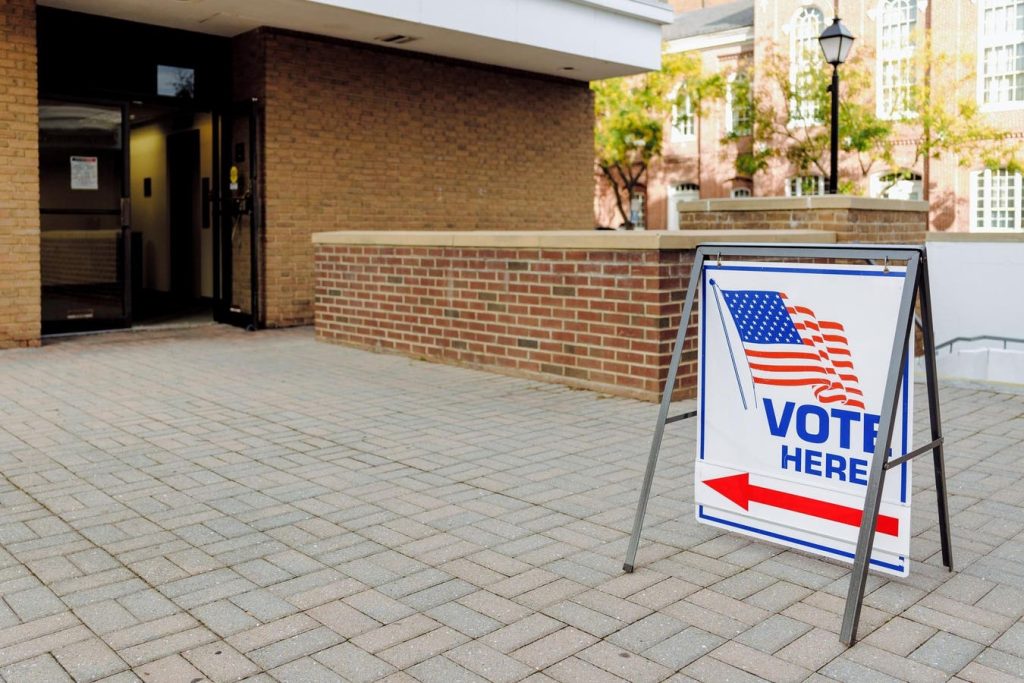Adam Fayed, CEO of adamfayed.com, discusses the potential impact of elections on business and the stock market in the coming year, with 2024 being labeled as the year of the election. A significant portion of the world’s population is expected to vote, including countries like India, the United Kingdom, and the United States. There is often concern among investors about how elections can influence asset prices, fueled by media coverage suggesting a correlation between election outcomes and stock market performance.
Looking back at recent elections, such as Trump winning in 2016 and a disputed election in 2020, the actual stock market reactions were different than what many investors anticipated. Despite initial worries, the S&P 500 saw marginal increases after these events. Fayed believes that these events are outliers and that historical data shows little connection between elections and stock market performance.
The overall market trend tends to have a more significant impact on asset prices than the specific results of an election. For instance, the negative returns in 2000 and 2008 were attributed more to market crashes and corrections rather than the policies of the presidents at the time. It is clear that presidents have limited control over broader economic factors that ultimately affect market performance.
Not just elections, but other major events like terrorism, wars, and pandemics have historically had little lasting impact on stock markets. The quick recovery of asset prices during the Covid-19 pandemic was not surprising, given historical trends during events like the Spanish Flu pandemic. Additionally, markets have shown resilience following events like Brexit and the Russian-Ukrainian conflict, indicating that the economy doesn’t always drive stock markets.
It is advised for investors to stay calm during election years and unexpected events, as trying to time the market based on political outcomes can be risky. Diversifying across multiple asset classes, including bonds, can help mitigate the impact of market falls. While this strategy may not guarantee higher returns, it can provide a smoother investment journey amidst market volatility. Ultimately, investors should seek professional advice to navigate market uncertainties and make informed decisions about their financial portfolios.


